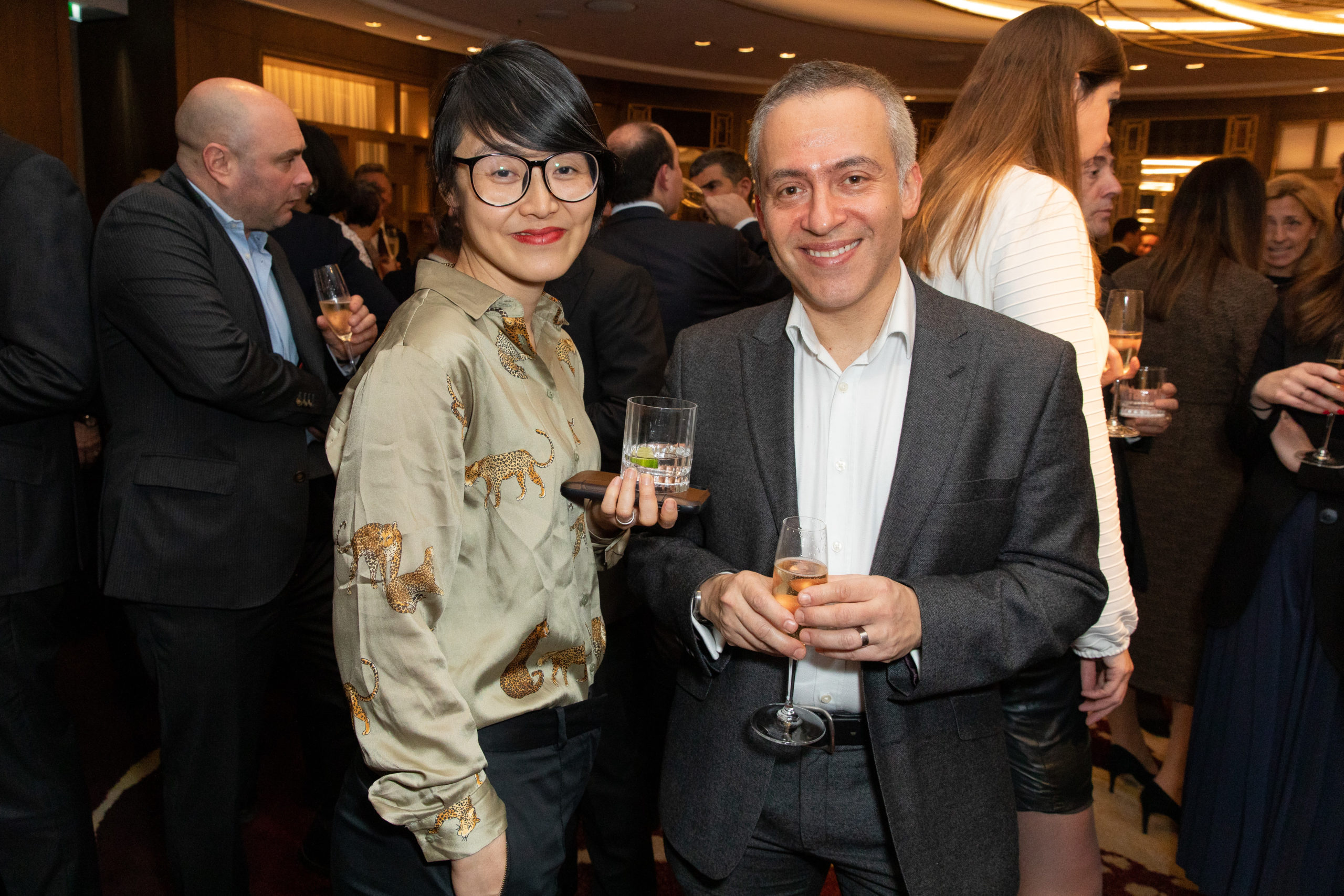With sustainability now essential, Wearisma’s data shows a 50% increase in engagement with sustainable content. Brands like Loewe and Gucci have thrived by focusing on targeted sustainability efforts that resonate with consumers.

Published On: January 16, 2020
Instead of haphazardly tacking the word “sustainability” onto your next campaign, Wearisma’s data reveals the specific aspects of sustainability that luxury brands should be investing in.
It’s becoming clearer that sustainability is a must for 2020 and beyond. Wearisma data reveals that globally, audience engagement with sustainability content has risen by over 50% year-on-year. The data also shows that the tail-end of 2019 was a breakout point where sustainable brands outperformed non-sustainable brands on social media. These figures suggest that in 2020, brands may begin to witness the negative impacts of failing to create sustainable initiatives. These findings are echoed by conglomerates such as Unilever which revealed that its “purpose-led, Sustainable Living Brands are growing 69% faster than the rest of the business and delivering 75% of the company’s growth”.
The same pattern is present in the luxury space as Wearisma’s findings have revealed that Loewe and Gucci achieved a lasting positive impact on their brand value and social engagement after their sustainability campaigns. To further solidify the financial impact of sustainability, this week, in his annual letter to CEOs BlackRock’s Larry Fink announced that the world’s largest asset manager will ditch investments with high sustainability-related risk. Sustainable initiatives and brands have a clear and positive impact on brand value, but what specifically is it about these initiatives that draw positive consumer interest?
The incredible need for brands, particularly luxury brands, to become more sustainable was driven home on Monday night at Walpole’s annual Chairman and CEO Dinner in London. The British luxury body, alongside McKinsey & Company presented the ‘Case for Change’ and revealed among many things that ‘Millennial and Gen-Z consumers are willing to spend more on sustainable products’.

Wearisma’s CEO Jenny Tsai was also in attendance and was interested to hear how the concept of sustainability has changed over the years:
“What started off in the 90s as ‘Corporate Social Responsibility’, where brands made efforts to give back to society, has blossomed into a movement that is on the Strategic Agenda of the CEOs and their Board. We are in the Decade of Action and this requires brands to take a long look into how their actions are impacting individuals and the environment on a global scale – we only have one planet”.Jenny Tsai, Wearisma CEO
It’s certainly true that the concept of sustainability has taken on a broader meaning over the years. Due to this shift, it’s easy for brands to spread themselves too thin, throwing money at a ‘sustainable strategy’ without being aware of the specific aspects of sustainability that their consumers are actually invested in. To shine some light on this topic, Wearisma’s insights and research team have revealed some of the top sustainability topics that are most popular among luxury audiences.
“Lorem ipsum dolor sit amet consectetur. Diam platea at tempor ut ut egestas venenatis. Placerat eros eget commodo ut cursus. Enim libero nibh facilisis est. At phasellus mauris ornare posuere consequat. Quam lacus curabitur consectetur amet libero tortor eu volutpat sit. Venenatis eget aenean in enim.”

Cruelty-free is a term used in reference to cosmetics, clothing or other commercial products manufactured or developed by methods which do not involve cruelty to animals. Brands like Stella McCartney, with the designer’s use of vegan leather, and By Terry, which uses all-natural products that are not tested on animals, are two examples of brands that have placed #cruelty-free at the forefront of their sustainability strategy.
According to a report from the Guardian, it is predicted that 235 million items of clothing were sent to landfill in 2018. These striking statistics, coupled with the growing popularity of retailers like Vestiaire collective, who allow consumers to buy pre-owned luxury fashion, explain why #reuse is an important aspect of sustainability for luxury audiences.
Arguably the most all-encompassing term within the sustainability umbrella, #ethical products “aim to address the problems it sees with the way the fashion industry currently operates, such as exploitative labour, environmental damage, the use of hazardous chemicals, waste, and animal cruelty.” Luxury brands that place being #ethical at the heart of their sustainability include FH Christensen which manufactures its pieces in London, crafting sustainable luxury garments with ethical procedures.
In 2020 and beyond, it is predicted that brands will no longer be able to ignore the topic of sustainability. For luxury brands that have yet to invest in this area, Wearisma’s data suggests that making your products cruelty-free, emphasizing their reusability and ensuring that they are created in an ethical manner, is a sure-fire way to make the biggest impact with your audience.
To find out more about how Wearisma’s tools and expertise can help you communicate your brand values more effectively, please get in touch with Jess at for a demo.


Keep informed with the latest trends, reports, and case studies from the world of influencer marketing.
In 2025, influencer gifting has evolved from glossy PR packages to something much more meaningful: intentional, relationship-driven storytelling. Whether you’re a brand in beauty, fashion, tech, or wellness, the goal is the same – build real connections that drive advocacy, not just awareness.
That message resonated strongly during our recent Influencer Gifting & Seeding webinar, where we were joined by industry leaders Grace Fung, Influencer Marketing & Communications Lead at Coty, and Abigail, Talent Manager from Primark. They shared strategic insights into how their teams are evolving traditional gifting approaches to better align with shifting consumer expectations and brand objectives.
WeArisma’s Personal Care 2025 State of Influence Interactive Report – The Definitive Guide to Winning in Bath and Body, Hair Care, Skincare, and Wellness Through Influencer Strategy
The personal care market is booming – but only the most emotionally resonant brands are cutting through the noise. Authenticity, expert credibility, and self-care storytelling are driving the next wave of influence.
Our Personal Care 2025 State of Influence Report reveals how Dove, Nivea, Aquaphor, and Bevel are shaping the future of the category – and how your brand can do the same.
Stay up to date with the latest industry trends and topics
Discover how WeArisma can help you harness the power in influence, grow your brand’s presence, and achieve measurable success.
WeArisma combines the power of AI, influencer marketing and social listening to deliver smarter, scalable strategies with real impact.